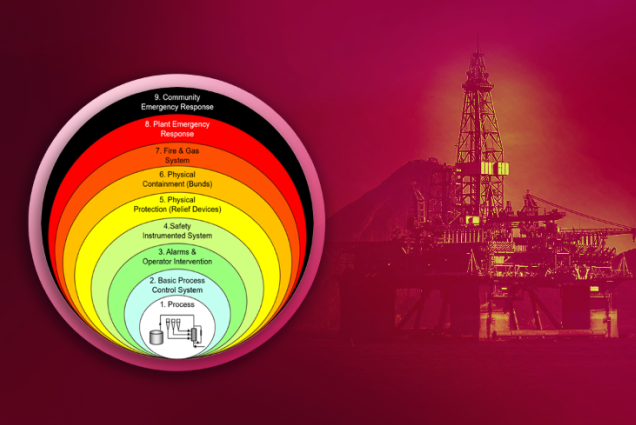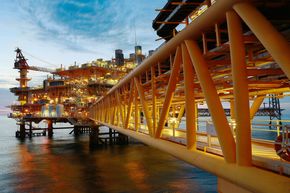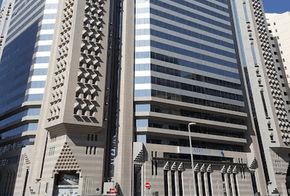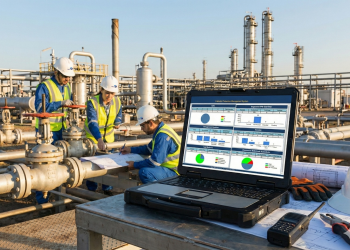Safety Integrity Level (SIL)
Safety Integrity Level (SIL) is an analysis or measurement of performance required for a Safety Instrumented Function (SIF) to maintain or achieve a safe state. At Velosi, we understand that it is crucial to perform a statistical measurement of how likely a process or a system is to be operational and ready to serve the function for which it is intended, including the calculated time to its likelihood of failure. Our uniquely designed SIL study services comply with global standards – IEC-61508, IEC-61511 and ISA TR 84.00.02 – to ensure the safe and reliable operation of the plant.
SIL is performed for the Safety Instrumented Systems (SIS). A Safety Instrumented System is for the protection of equipment consisted of Initiator, Logic Solver and Final Elements. A specific reliability is required from these components depending on the risk that the SIS is to reduce. SIL is the statistical representation of the reliability of the SIS (safety instrumented system), when a process demand occur.
Read more

SIL Benefits
Effectively manages safety-critical equipment.
Prevents or mitigates the consequences which can result in mishaps like loss of life, personnel injury, equipment damage or loss of production.
SIL Deliverables
SIL Methodology
SIL Classification Study
SIL Verification Study
Safety Requirement Specification (SRS)
Safety Life Cycle Document
SIL Software
Prioritize, Redefine Asset Integrity with our extensive VAIL- PHA® Software
VAIL- PHA® is Velosi’s proprietary software and is built to execute all stages of SIL Classification, SIL Verification and preparation of Safety Requirement Specifications (SRS). The software also supports testing interval and Spurious Trip Rate (STR) calculations of SIFs.
Case Studies
Insights
-
Safety Integrity Level (SIL) Assessment Study for Lower Zakum LTDP-1 Package 4, Lower Zakum ADNOC Offshore Project (P2820)
National Marine Dredging Company (NMDC)
UAE
2025
-
The Study of Classification of Security Levels Integrities (SIL) All Instrumented Functions Safety Complex GL1Z, GL2Z, GL1K, GP2Z and GP1Z
Sonatrach
ALGERIA
-
Specification for HAZOP & SIL Determination Study
Qatar Petroleum
Qatar
2010
-
Specification for HAZOP & SIL Determination Study including (VAIL SIL) software
PENSPEN Limited
Thailand
2010










